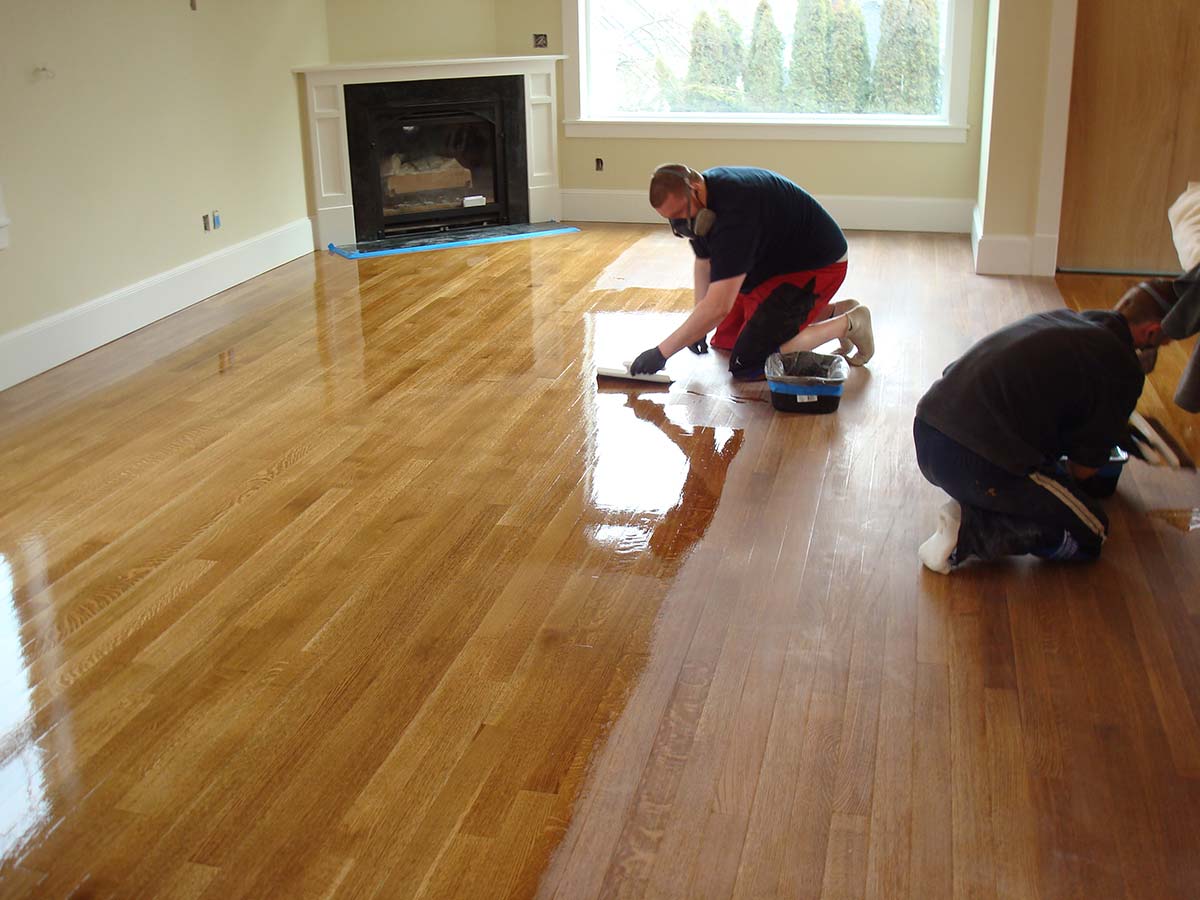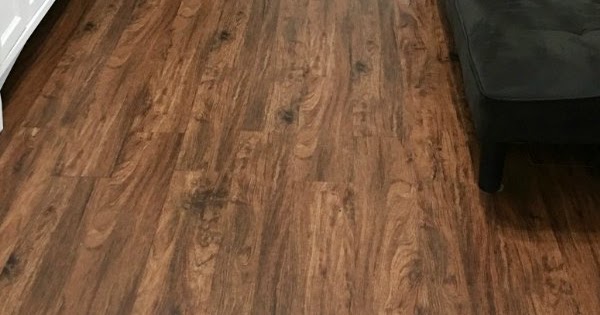When thinking about the commercial flooring alternatives for your business, there are a number of aspects that need to be considered. Hardwearing floors are important for heavy-use commercial atmospheres. In an industrial setup, equipment is usually on the go for lengthy hrs. In an institution snack bar, the floor has to stand up to a lot of web traffic, spills, and also high temperatures. These kinds of surface areas may also be set up in corridors, manufacturing locations, and entrances.
More details on Commercial Flooring Estimator Service at : Commercial Flooring Estimator
Choosing the Right Commercial Flooring
If you are considering commercial flooring, there are many different types and styles to think about. Before you choose a particular design be sure to consider the manner in which the area will be used and what organizational requirements it is able to meet. For instance, focusing exclusively on the look of the floor might not be the best choice. While an attractive design may look stunning, it might not fit the needs of the space. So, it's crucial to carefully consider your business's requirements before making any decisions.
Commercial carpets are among of the most popular choices available. Its strength and flexibility make it the ideal option for busy areas. It is made up from high-density materials that can be able to withstand the rigors of foot traffic. However, this kind of flooring is more costly than other types of flooring. Installing it will cost between $2.49 and $4.99 one square foot. While this kind of flooring is more expensive, it is still a good option for commercial areas.
It is crucial to consider the amount of foot traffic a floor is likely to be exposed to. Commercial luxury vinyl floors are especially durableand are able to withstand lots of foot traffic. Many of these floors have designs and textures that appear realistic. Some are embossed, or even scraped to resemble the look of wood. This makes it the ideal option for offices, retail stores as well as hospitals. They also look stunning. If you're looking to update your flooring, it's important to consider these points.
In commercial areas with a lot of traffic flooring that is durable is a must. Like, for instance, industrial plants are able to run machines all day long. The school cafeteria is likely to see a lot of foot traffic, as well as spills. Entrances and halls are highly-trafficked areas, which is why you'll want to select a tough surface that will stand up to this type of wear and tear. A good commercial floor will make your employees and customers satisfied.
The design and the material of the flooring you choose for your commercial space will depend on your budget. There are various kinds of commercial flooring, so it's important to choose the appropriate material to match the space. The space that is heavily used will require a greater degree of durability than homes. You can consider wood flooring or laminate flooring in case your budget is tight. For these types of rooms, you'll need a durable and waterproof floor. You can find high-end floor materials that will last for years.
Commercial flooring should be durable. In order to do that, it needs to be impervious to spills. In a commercial environment, you should choose flooring that is able to withstand the rigors of foot traffic and is easy to clean. Moreover, the flooring should be strong enough to withstand the wear and tear of commercial environments. Additionally, it is important to be sure to check the installation procedure before you begin the installation. It is important to consider the condition of the subfloor and the type of traffic it encounters.
The floor must be strong and long-lasting. In the event of work it might be necessary to replace your floor by a new one. Flooring that is old may not be robust and may pose a risk in the event that it was not maintained in a timely manner. In these instances you must invest in premium commercial flooring. For example, Armstrong commercial flooring is robust and can provide a variety of benefits for your business. It is vital to look for any leaks on the floor to ensure it doesn't break down.
Depending on the use of the space, the flooring should be durable. It should be able to withstand heavy usage. For instance factories might run machinery throughout the day. A school cafeteria might have lots of foot traffic and have to resist spills. The lobby of a hotel is expected to be able to stand up to the demands. It must also be resistant to stains and moisture. Furthermore, it must be strong enough to stand up against the everyday wear and wear and tear of a workplace.
When selecting commercial flooring, you need to take several aspects into consideration. It is important to take into consideration the amount of footfall that will be in the space as well as the nature of traffic. Your floors must resist liquids. If you are putting up retail stores make sure you choose quality flooring. For industrial sites it is crucial to ensure that the floor lasts at the least 10 years. In any case, you need to look long-term in your flooring choices.

Choosing the Right Type of Commercial Flooring
Commercial flooring has many benefits for businesses. Carpet is an excellent choice for a budget-conscious business. It is extremely easy to clean and are very robust, however, they do need a little extra attention. However, the aesthetic appeal of carpet is worth the extra work. It can also hide imperfections and create a comfortable work environment for employees. Here are some suggestions to select the appropriate commercial floor to suit your company. We suggest using a vacuum cleaner to keep your commercial flooring looking nice.
The purpose of your space will determine what sort of flooring you need to choose. If your company relies on customers coming and going often, you'll require floors that will last for a long period of time. Select a commercial-grade flooring to ensure your business's flooring lasts for the years to come. You'll be happy you made the investment. This is a vital aspect of building a successful business. If you're looking to invest in new commercial flooring, it's important to understand the various types of commercial flooring. Then, you can choose the right one for your particular space.
Whatever your needs are, there are many different kinds of commercial flooring to choose from. The first step in selecting the appropriate flooring is to establish the priorities of your company. Take into consideration the number of people using the space and what kind of flooring is most likely to meet their needs. Making the wrong choice in flooring can make the experience for your customers a nightmare. If you're not sure which kind of flooring to choose, consider consulting a professional.
The flooring for commercial use must be able to withstand the elements. Industrial buildings, for example are susceptible to spills and flooding which is why a durable floor is necessary. It is also crucial to consider the kind of traffic that your business will be able to handle. If you're planning to use the floor for sales or production, you'll want a material that is able to withstand the volume of foot traffic that you're expecting. It's also essential to take into consideration how much traffic is likely to be present in your business.

Choosing the right type of flooring for your commercial space is vital. It is important to consider how the space will be used and what its purpose is. This will allow you to choose the right flooring that meets your needs. The best commercial flooring will last for a long time. If you're planning a cafe or an industrial plant, you should consider the environment and the usage of the area to select the appropriate flooring. It isn't a good idea to make the place look unappealing or unattractive to people.
In a commercial space carpet is a good choice for the floor because it adds warmth to the area and is soft underfoot. The major difference between commercial and residential carpets is the type of material used and the price of installation. In commercial properties, carpet is a much better choice than carpets for residential because it can stand up to more wear and tear. It's also simpler to keep clean. And it's available in various shades and designs.
The selection of flooring for commercial use is often influenced by various factors. For instance, high-use needs a durable floor. Some industrial applications may include which operate 24 hours a day, as well as high-traffic school cafeterias that have high traffic and a lot of spills. Some floors are also subject to high-traffic conditions. The main goal of commercial flooring should be to make your business appear better and more efficient.
Whatever the dimensions of the area, the most durable commercial flooring is the best for harsh environments. For instance, floors that are heavy-duty in factories might need to withstand constant damage and wear. These surfaces should be resistant to staining, chemicals, and other materials that can be present in a manufacturing environment. Alongside the business's use, commercial floors must also be durable. They should withstand a wide range of requirements, from everyday wear and tear to accidents.
There are numerous factors to think about before deciding on the right commercial flooring for your business. The flooring is used by employees and visitors and it is subject to heavy traffic and spills. It is crucial to select the right material that can last for the long-term. There are a variety of factors that affect commercial flooring, such as the type of usage, the amount of traffic, as well as the aesthetic goals of the space. If you're planning
